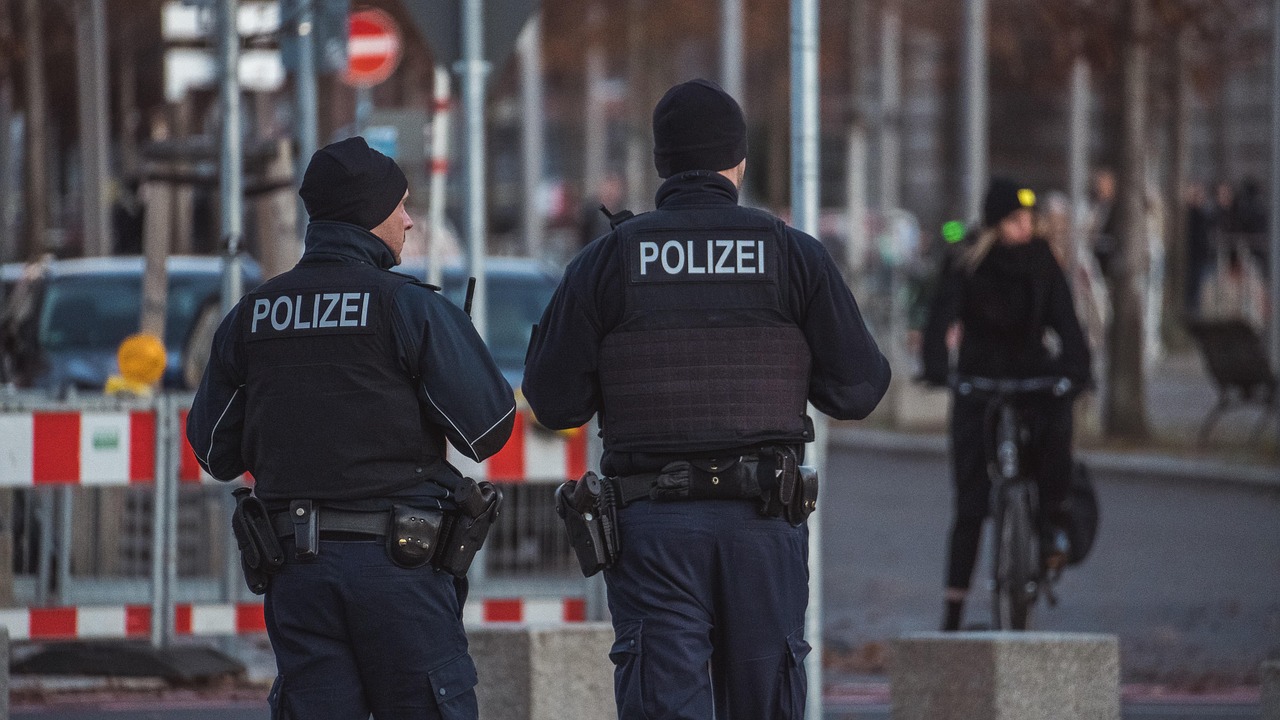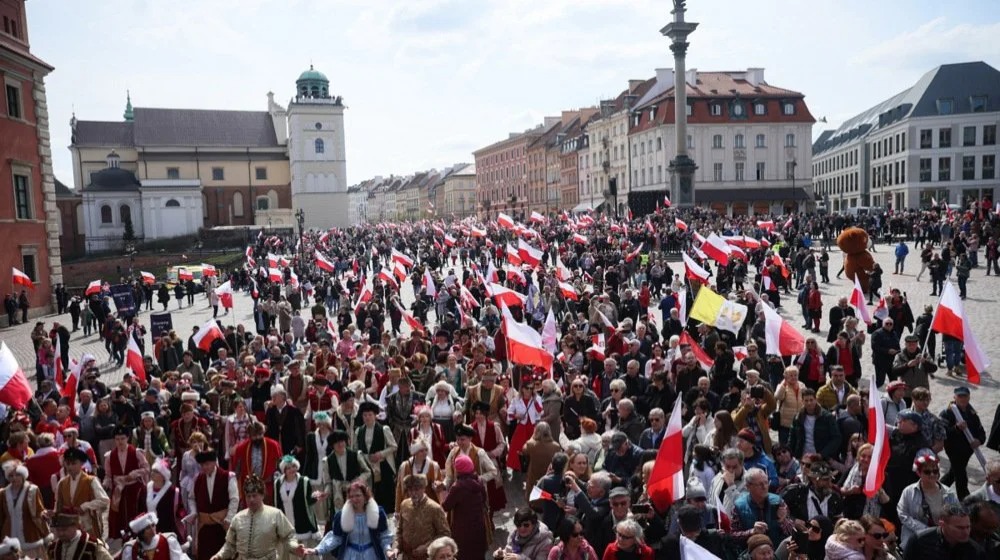
Final Break with Angela Merkel's Policy: New German Toughness at the Borders
Kiefersfelden! This place in Bavaria has a warm ring for many German tourists. Coming from Munich, the highway winds southeast towards the Alps.
And beyond Kiefersfelden lies Austria. After crossing the Brenner Pass, the mountains attract attention, maybe even Italy. Beyond Kiefersfelden, the holiday begins — the most beautiful weeks of the year start here.
Now, the new German Interior Minister Alexander Dobrindt (CSU) stands in Kiefersfelden, speaking about how new rules have been in effect at the border for a week. He is joined by his party colleague, Bavarian Prime Minister Markus Söder, Federal Police Chief Dieter Romann, and numerous journalists. Heavy rain is falling.
For a week now, says Dobrindt, Germany’s borders — not just here in Bavaria — are being monitored even more strictly. The new government had already announced during the election campaign its fight against illegal migration, and now it wants to implement it.
Unlike previous practice, asylum seekers are now being rejected at the border and not allowed into the country. Exceptions are made only for certain groups, such as pregnant women and children, reports Danas.rs.
Dobrindt: "We will stop these criminal activities!"
For years, the rule was: anyone who arrived in Germany, by any means, and declared an intention to apply for asylum, was allowed to enter the country. That is now changing. When asked by DW reporters what exactly is changing and what message the new government is sending, Dobrindt replied: "I want to tell everyone who thinks they can profit from human suffering by smuggling people into other countries that we will do everything to stop these criminal activities."
The CSU politician then adds proudly: Since the new government led by Chancellor Friedrich Merz (CDU) took office, 739 attempts at illegal entry have been prevented. Just a week earlier, there were only 511 — an increase of 45 percent. This is possible, says Dobrindt, only because an additional 3,000 police officers have been deployed at the border. Previously, there were 11,000; now there are 14,000.
Some of them now stand behind or next to the minister, to whom he directly addresses his gratitude for their work, which, he emphasizes, often lasts 12 hours a day. Dobrindt acknowledges that Federal Police Chief Romann, who is also present in Kiefersfelden, has been pointing out the overload of his personnel for months. The previous government, consisting of SPD, Greens, and FDP, had already begun intensified border controls.
Dobrindt expresses his great respect for the police officers' work: "I would like the respect we are expressing today to be shown more often and more clearly in society. These are our policewomen and policemen who take care of our security in Germany. They ensure we act decisively against criminal smuggling gangs."
A Reckoning with Angela Merkel's Asylum Policy
Criminal smugglers, illegal migration — Dobrindt constantly uses these terms. The new strictness towards migrants is also a final break with the policy of former Chancellor Angela Merkel (CDU). In 2015 and 2016, she allowed hundreds of thousands of refugees from Syria, Afghanistan, and many African countries to enter, saying: "We can manage this."
Although the new Chancellor Merz emphasized in his Bundestag speech earlier this week that Germany remains a country of immigration, Dobrindt now formulates things somewhat differently in Kiefersfelden, saying that the police will now, in a "combination of humanity and order," pay more attention to order. To this end, more drones, thermal cameras, and helicopters will be used.
Tusk to Merz: "AfD is your problem!"
During the election campaign, new Chancellor Merz promised to introduce a different migration policy on his very first day in office — probably also due to the success of the right-wing populist party Alternative for Germany (AfD), which has been gaining support with its strong opposition to any form of migration.
However, the new German toughness has not been well received everywhere in Europe. During his visit to Polish President Donald Tusk, Merz was told that the eastern neighbor also wants to fight illegal migration — but at the EU's external borders, not at the German-Polish border. Poland will not accept refugees from Germany, Tusk said, addressing Merz directly: "AfD is your problem, Mr. Chancellor," he added.
Merz politely replied: "We want to jointly develop a European migration and asylum policy and will conduct border controls in a way that is acceptable to our neighbors."
Upon returning from Kiefersfelden, Minister Dobrindt announced that the new government would continue on this path: voluntary intake programs will be abolished, and people with special so-called subsidiary protection status will no longer be allowed to bring family members to Germany.





